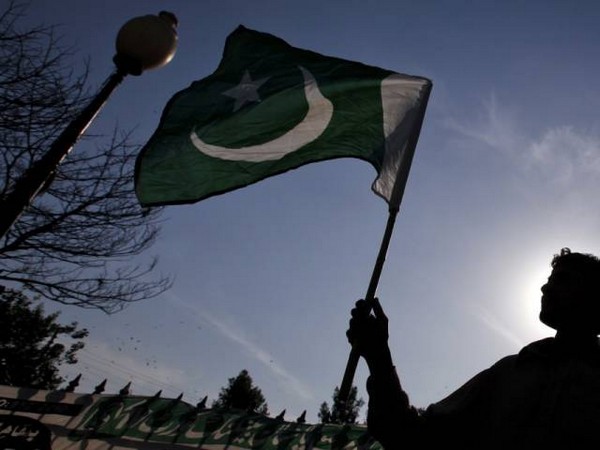

Pakistan is making efforts to find a new energy alliance to ensure an uninterrupted energy supply to households and industries, Geo-Politik reported. Pakistan is trying to diversify its energy sources for tackling the energy crisis. A delegation of Pakistani ministers, including the Minister of State (Petroleum Division) Musadik Masood Malik travelled to Kazakhstan from November 8-11.
During the visit, Pakistani ministers held a meeting with Kazakh Minister for Energy Akchulakov Bilat Uralovich, as per the Geo-Politik report. The two sides discussed the possibility of connecting Kazakhstan’s existing natural gas pipeline network with the proposed TAPI (Turkmenistan-Afghanistan-Pakistan-India) pipeline network to facilitate gas supplies from Russia through Kazakhstan and Kazakh investment in Pakistan in pipeline and refinery projects.
Projects like TAPI could only start if India becomes part of the project. However, Kazakhstan has not agreed to cooperate with Pakistan’s proposals, according to the report. In rejecting Pakistan’s proposal, Kazakhstan said that they do not produce sufficient gas to be able to join the TAPI project.
Furthermore, the Kazakh side said that work continues in its own domestic pipeline projects and it will not be able to give funds for the Pakistan gas network, as per the Geo-Politik report. In 2013, Pakistan called for the inclusion of Kazakhstan in the TAPI project on the sidelines of the 6th CICA summit. However, Kazakhstan had not agreed to Pakistan’s proposal and stressed that it does not have adequate gas to supply.
Pakistan has been facing an energy crisis, high inflation and a depletion of remittances. Pakistan’s exports have witnessed a drop from USD 3 billion to USD 2.2 billion. The Russia-Ukraine war has further impacted the energy market due to political and economic factors.
Pakistan wants to complete the Trans-Afghanistan Pipeline (TAPI) gas pipeline project, according to Geo-Politik. However, the work is being conducted very slowly due to differences among the promoters and financial shortages. Pakistan has been importing LNG at an average price of USD 12 per Metric Million British Thermal Units (MMBtu). Pakistan has 5 per cent hares in TAPI and the price will reach around USD 6-7 per MMBtu if it starts importing gas from the TAPI pipeline.
Notably, the Trans-Afghanistan Pipeline is a natural gas pipeline being developed by the TAPI Pipeline Company Limited with Asian Development Bank’s cooperation, as per the news report. The TAPI pipeline is expected to carry 33 billion cubic meters (bcm) of natural gas each year along a route stretching 1,800 km from Galkynysh. Pakistan’s indigenous gas resources are depleting fast and Islamabad requires two pipelines to address its gas requirements.
Gas from Kazakhstan and the TAPI pipeline project could be able to fulfil Pakistan’s current needs and Islamabad wanted Kazakhstan to agree with its proposal to address the issue of energy storage, as per the Geo-Politik report. Kazakhstan has the second largest liquid hydrocarbon fields after Russia among the members of the Commonwealth of Independent States (CIS).